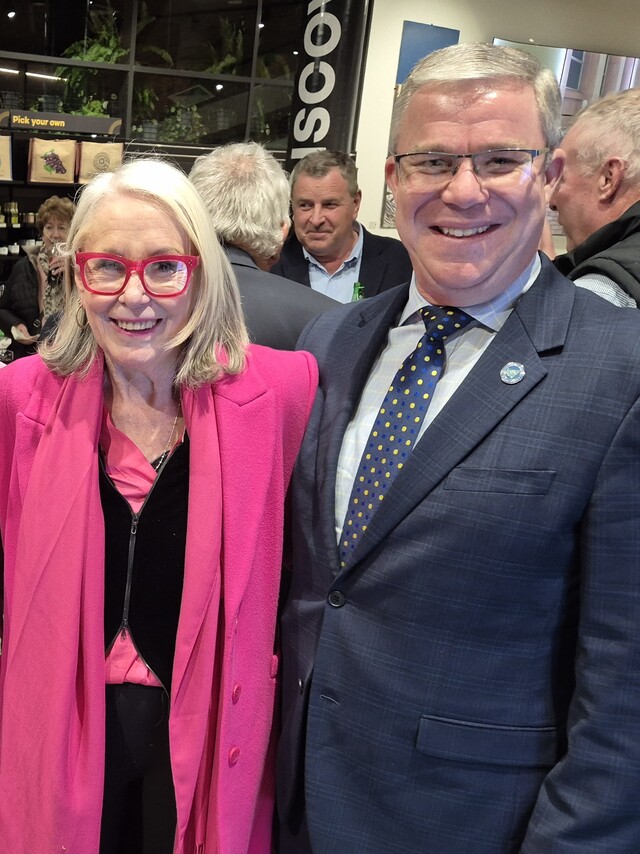Gosnells, along with its neighbouring City of Armadale and Shire of Serpentine- Jarrahdale, have been recognised with an award for their contribution to the reduction in greenhouse gas emissions. The three Councils have developed a regional approach to the Cities for Climate Protection program.
Between them, they produce 15,600 tonnes of greenhouse gases per year, while their communities produce 1,290,000 tonnes.
Environmental Coordinator, Wayne van Lieven, said that under the program there are five milestones to be completed. The first of these, identifying the sources and volume of greenhouse gases, has been completed by the three Councils. It was for this the award from the Australian Greenhouse Office was won.
“The most important thing we have achieved is to show how much energy we are consuming in various sectors,” Wayne van Lieven said.
It is now up to each Council to set reduction goals for its own activities and those of the community.
He said it is relatively easy for a Council to implement changes to its own practices, which indicates how inefficient Councils have been in their use of energy in the past.
Gosnells is also considering converting its car fleet to LPG gas.
This will immediately achieve a 13 percent decrease in greenhouse gas production, as well as monetary savings.
Another area of consideration is lighting.
“Auditing many work areas has shown they have significantly more lighting than they require,” Wayne van Lieven said.
The community sector is a more difficult proposition as it is less easy to change people’s behaviour.
Among the options are offering people reduced rates for a smaller bin with the aim of stopping waste from being generated. A focus on home composting and worm farms will also be introduced.
This will reduce the amount of material going to landfill as well as reducing the significant volume of gases created.
Gosnells has been assisted in this task by local volunteers trained by Earthcarers as advocates for waste minimisation.
Other methods of reducing community generated gases include the banning of backyard incinerators.
The overall aim is to reduce the community output of greenhouse gases by ten percent.
“Councils have the capacity to significantly affect local activities and can therefore have a significant effect across the board,” Wayne van Lieven said.







